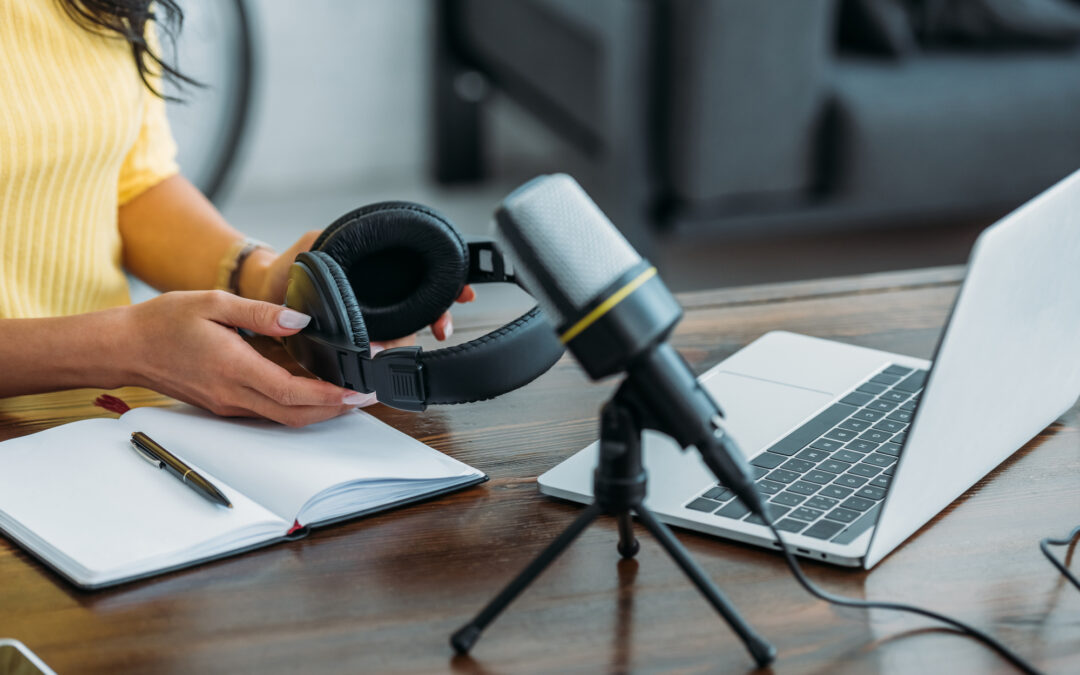Origionally posted on Twin Cities Business: https://tcbmag.com/podcast/allisa-song/
By the time Allisa Song started medical school at Mayo Clinic in 2018, she was already the founder of an active medical device startup company called Nanodropper. The idea came to her in 2017, when she happened to read an article titled: “Drug Companies Make Eyedrops Too Big, and You Pay for the Waste.”
The cost, the structure of benefits—it all felt “unfair,” Song says. But rather than go for the big industry-wide fix, she approached the wasted eye medicine problem with a harm reductionist mentality. “I was just trying to think about how can we develop a solution that we could put directly into the hands of patients.”
That, for Song, was an eye drop bottle adapter with a smaller opening for less waste. The product, which sells for $19.99, is now available direct to consumer online and through thousands of medical clinics nationwide.
Song talks about leveraging student startup competitions to fund the business, and juggling entrepreneurship with medical school. “Taking that first step in bringing your idea to life is a really powerful feeling.”
Takeaways
Following our conversation with Song we go Back to the Classroom with Daniel McLaughlin, senior executive fellow at the University of St. Thomas Opus College of Business, with a focus on health innovation. “One of the things I teach in my operations management class is how do you improve processes?” Often the best way to make a big impact is by addressing something small or seemingly mundane. Look for the opportunities, McLaughlin advises, in your daily routine.

